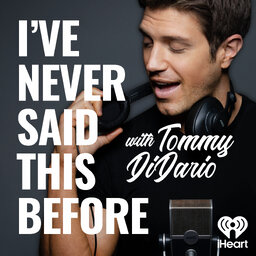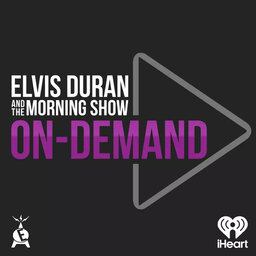Matthew López
This week, Tommy is joined by Matthew López, the co-writer and director of the highly-anticipated film, “Red, White & Royal Blue,” which is based on the best-selling novel by Casey McQuiston. Matthew opens up about why Nicholas Galitzine and Taylor Zakhar Perez were the right choices to play the leading men, the moment on-set that blew him away, the importance of the love scenes, and why leading with kindness will always be what he strives for.
In 2 playlist(s)
I've Never Said This Before With Tommy DiDario
I've Never Said This Before With Tommy DiDario goes to places that will surprise and delight you. Se…Social links
Follow podcast
Recent clips
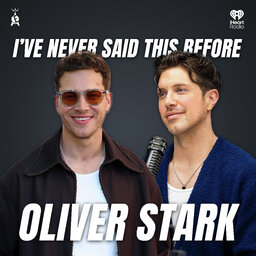
Oliver Stark: 9-1-1, Buck’s Love Journey & The Importance of Finding Your People (Re-Release)
24:54
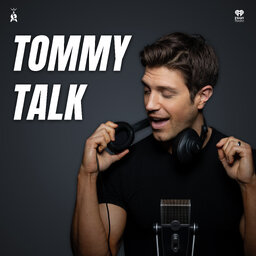
Tommy Talk: WHEN TO GIVE A FRIEND SPACE?
10:44
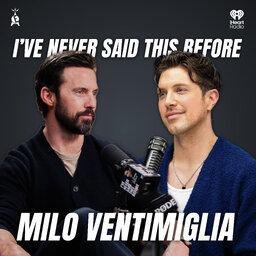
Milo Ventimiglia: I Can Only Imagine 2, Staying Grateful in Unimaginable Circumstances & Gilmore Girls Nostalgia
47:30
 I've Never Said This Before With Tommy DiDario
I've Never Said This Before With Tommy DiDario